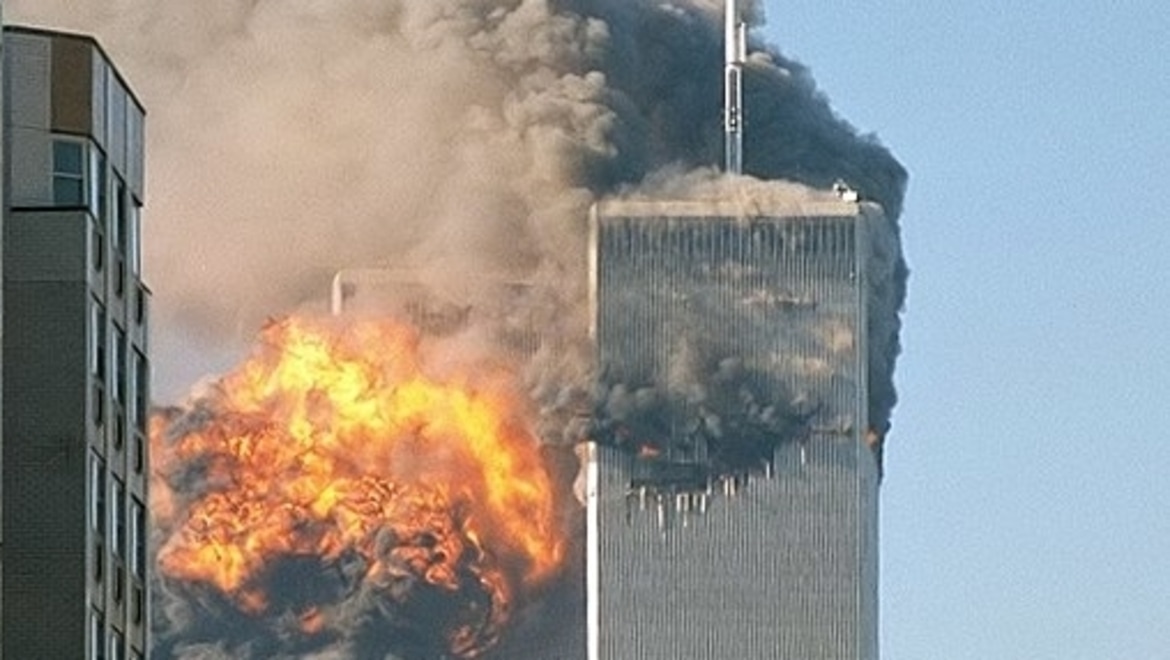
The impacts on the aviation sector from the 9/11 attacks continue to loom as the 20-year anniversary nears – the day when many lost their lives, and security was never the same again.
To remember the victims, Willie Walsh, the director general of the International Air Transport Association, outlined how it changed the industry forever and what it means for the future.
“The terrorist attacks on the World Trade Center and the Pentagon were not only assaults on the United States of America, they also were aimed at the global air transportation system,” he said.
“We must continue to give the families and loved ones of the victims, and the victims themselves, the recognition and acknowledgement they deserve, while drawing inspiration from the heroes that day.”
Billions of dollars have funded airport and aircraft security since then, but the aviation sector still remains a prime terrorist target, industry leaders say.
On that Tuesday morning, four jets were hijacked from the militant Islamist terrorist group al-Qaeda, all but one crashing into the World Trade Center and the Pentagon.
The 19 hijackers involved killed almost 3,000 people that day.
American Airlines flight 11 and United Airlines flight 175 were the first to crash into the buildings – both killing over 2,500 people, including the terrorists and the flight crew.
Then, American Airlines flight 77 crashed and killed almost 200 people.
Walsh emphasised the “ultimate sacrifice” of all flight crew, especially on the last flight, United Airlines flight 93, who disrupted the final attack, resulting in the death of all onboard.
United Airlines flight 93 coming from Newark was the one hijack attempt that failed to reach the buildings, as flight crew were able to deter the jet, landing in Somerset County, Pennsylvania.
Although all died, many commemorate the first responders on that aircraft who potentially saved thousands of other lives that would have been lost if it crashed into the buildings.
“Two decades later, we are still living with their consequences, including a vastly expanded security and intelligence apparatus that overlays air travel,” said Walsh.
Since that day, security at airports and on planes have continued to tighten, as it began the epidemic of terrorist attacks in years to come.
Airlines were directed to enforce locked and armoured cockpit doors to keep pilots safe, meaning all new aircraft were required to be manufactured that way.
Bans were placed on sharp objects and screening became federalised by the Transportation Security Administration.
As terrorist fears grew, regulators began to respond faster to threats.
At the end of 2001, the failed attempt of the “shoe-bomber plot” resulted in the requirement of removing shoes during screening.
In 2006, when British police discovered the trans-Atlantic bomb threat, passengers were banned from carrying liquids and gels of a certain size in luggage.
Numerous other security measures have been enforced amid different terrorist threats, but Walsh said “security is a constantly evolving challenge”.
Although security has “significantly progressed”, he believes the sector “must stay ahead of emerging security threats” as new forms continue to emerge.
“To do this effectively we need to take a more integrated approach on things like cyber risks, drones, and insider threats,” Walsh said.











